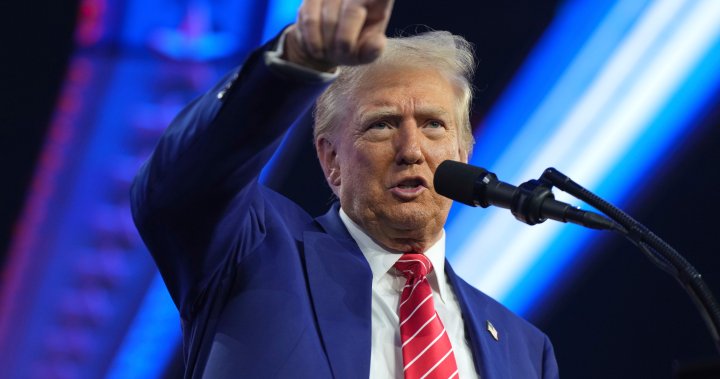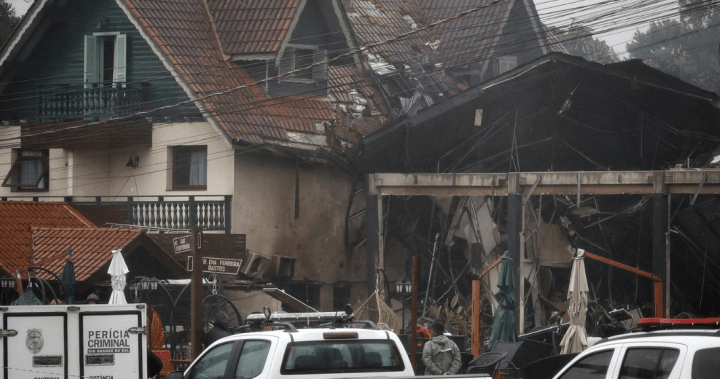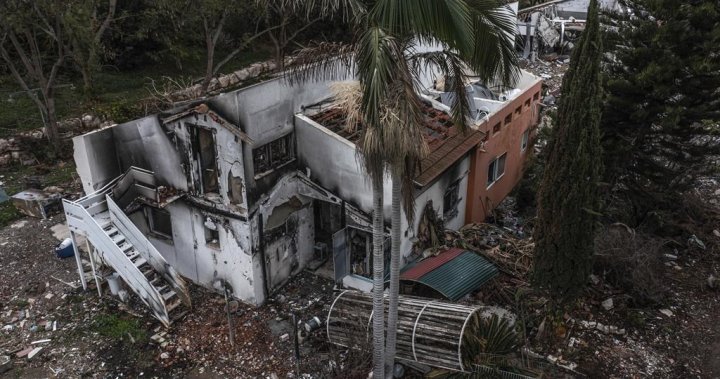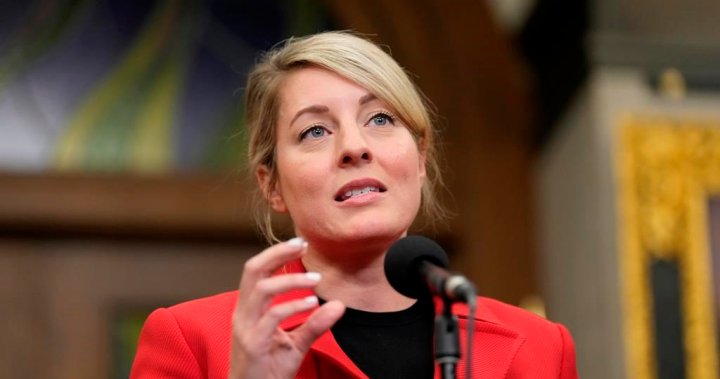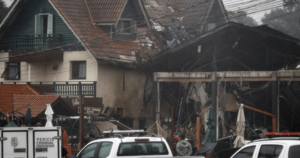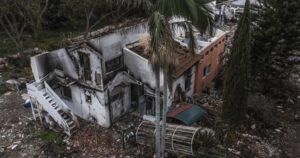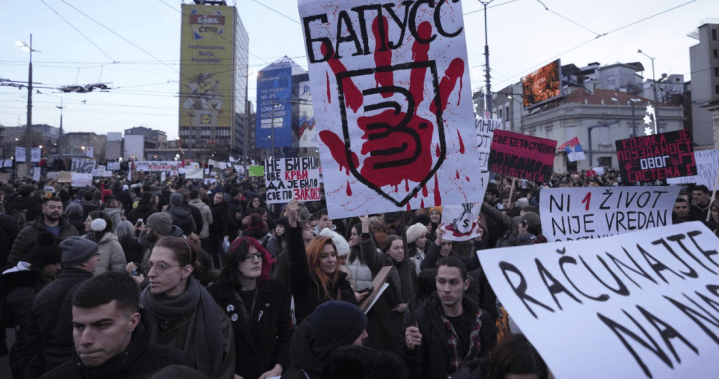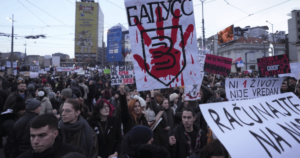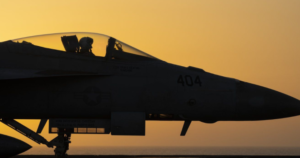The Canadian government announced Thursday that it intends to issue a new foreign policy for the Arctic region aimed at strengthening its diplomatic and security situation in the North to confront increasing threats from foreign actors and climate change.
Foreign Minister Mélanie Joly said the policy scheduled to be released Friday will respond to the growing global threat environment, Canada’s responsibility to protect its Arctic sovereignty and the security of other Arctic nations, as well as the United States.
“One thing is clear: the world is getting more difficult, and the conflicts we are seeing in the world are interconnected,” she said. “So, we need to be more forceful in our response.”
She said that Friday’s announcement would be made in conjunction with Defense Minister Bill Blair.
The growing presence of Russia and China in the Arctic, made easier by shrinking ice shelves caused by climate change, has been identified as a key security priority for Canada.
Story continues below ad
Canada’s Chief of the Defense Staff, General Jenny Carignan, told Global News last month that Arctic security is among her top priorities, citing growing cooperation between Moscow and Beijing. She said more investments and faster purchase of new technology are needed to confront these threats.

NATO Summit: Canada intends to purchase up to 12 conventional submarines to defend the Arctic
The United States has pushed the federal government to strengthen its position and investments in the North as part of its defense commitments to both NATO and NORAD.
Trending now
-
![]()
These parts of Canada could see a warmer winter. What about snow?
-
![]()
The $80 million Lotto Max prize was split between the winners in two provinces

Get breaking national news
For news affecting Canada and around the world, sign up to get breaking news alerts delivered to you right as they happen.
The updated defense policy includes billions of dollars in new security investments in the Arctic, in addition to nearly $40 billion in previously announced spending to modernize NORAD.
Ottawa’s pledge to meet NATO’s defense spending target of 2 per cent of gross domestic product by 2032 — a timeline criticized by allies as too long and by the parliamentary budget official as unrealistic — depends in part on purchasing a new fleet of submarines to patrol the north. .
Story continues below ad
Canada signed a tripartite agreement with the United States and Finland in July to stimulate production of new Arctic and polar icebreakers, and signed a memorandum of understanding last month to strengthen the partnership.
Icebreakers were among the topics raised during Prime Minister Justin Trudeau’s dinner with US President-elect Donald Trump last week, according to what the Canadian Press reported.
Canada has no diplomatic or consular presence in the Arctic but has sought to strengthen relations with Arctic nations through forums such as the Arctic Council and NATO.
The Canadian Forces use the Canadian Rangers, a reserve force, to patrol the remote, coastal and northern areas, with patrols from these reserves. Based in dozens of communities throughout the North and the Arctic.
&Copy 2024 Global News, a division of Corus Entertainment Inc.


